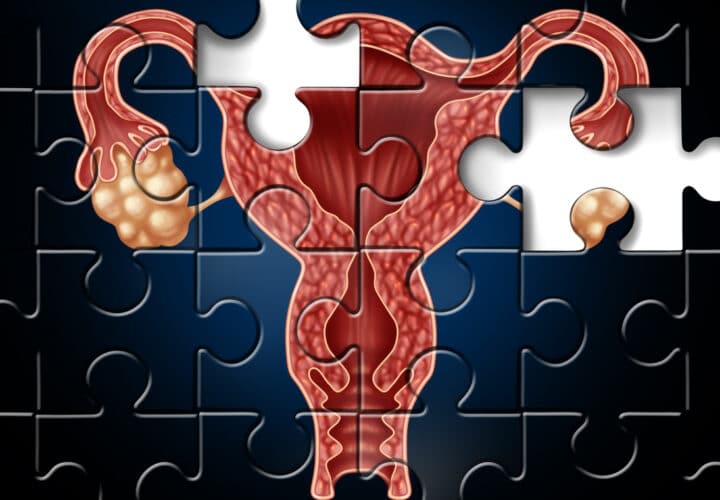We know there are differences in men and women’s brains that can translate to varied reactions to environmental, lifestyle and genetic factors. But a new study has found that women’s brains appear to be several years younger than the brains of men who were the same age.
Female brains tend to age more slowly, the report concluded, with the average female brain appearing 3.8 years younger than its male counterparts.
Researchers looked at the brains of over 200 people, ages 20 to 82. Across the board, female brains were younger than males on average at any age. They measured the brain’s age by assessing the brain’s metabolism, or how well it converts glucose from food into fuel for the brain.
“We’re just starting to understand how various sex-related factors might affect the trajectory of brain aging and how that might influence the vulnerability of the brain to neurodegenerative diseases,” said senior author Manu Goyal, M.D., an assistant professor of radiology at Washington University School of Medicine in St. Louis. “Brain metabolism might help us understand some of the differences we see between men and women as they age.”
Even though this small study found that women’s brains tend to look younger, that doesn’t mean that they’re also at less of a risk for neurodegenerative diseases like Alzheimer’s. Another study released today found the opposite is true. In a group of almost 300 people, researchers at Massachusetts General Hospital and Harvard Medical School found more evidence of the toxic proteins that accumulate in Alzheimer’s in women than in men. Women with higher levels of beta-amyloid also had more tau, a type of protein that forms into tangles in Alzheimer’s, than men with the same level of amyloid.
“These findings lend support to a growing body of literature that highlights a biological underpinning for sex differences in Alzheimer disease risk,” wrote the study authors.
While women’s brains may metabolize glucose better throughout a lot of their life, leading to the appearance of a more youthful brain, experts say that events like menopause can quickly catch them up to speed.
“The risk factors in Alzheimer’s disease for men and women have been known to be different,” Gillian Einstein, Ph.D., a neuroscientist at the University of Toronto, told Being Patient. “And in women, one of the risk factors is menopause. It’s not as strong as age itself, or ApoE status, but the lowering of estrogens removes a protective effect on the brain.”
Even though the results of the first study are encouraging for women, the fact remains that Alzheimer’s is considered a woman’s disease: Two out of three Americans with Alzheimer’s are women, and over 60 percent of caregivers for people with Alzheimer’s are women, too.
So what can women do to keep their brain in check? Dr. Marie Pasinski, a faculty member at Harvard Medical School and neurologist at Massachusetts General’s Institute for Brain Health, told Being Patient that women should focus on the things they can control that lead to better brain health.
“One of the most important things is staying on top of your physical health,” said Pasinski. “In one study that looked at seven modifiable risk factors, a number of those are medical issues: midlife obesity, hypertension, diabetes, smoking, depression and insomnia. If you have any of those underlying conditions, make sure you’re getting the best treatment you can get and all of those medical problems under control,” she said. “That will significantly decrease your risk of Alzheimer’s.”



As a woman, I am never tired of hearing, “Your brain doesn’t look a day over 30!”